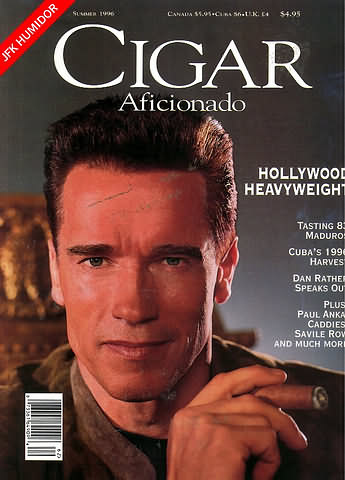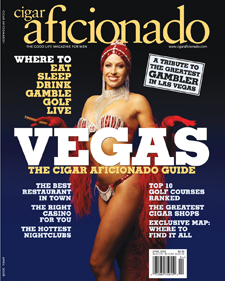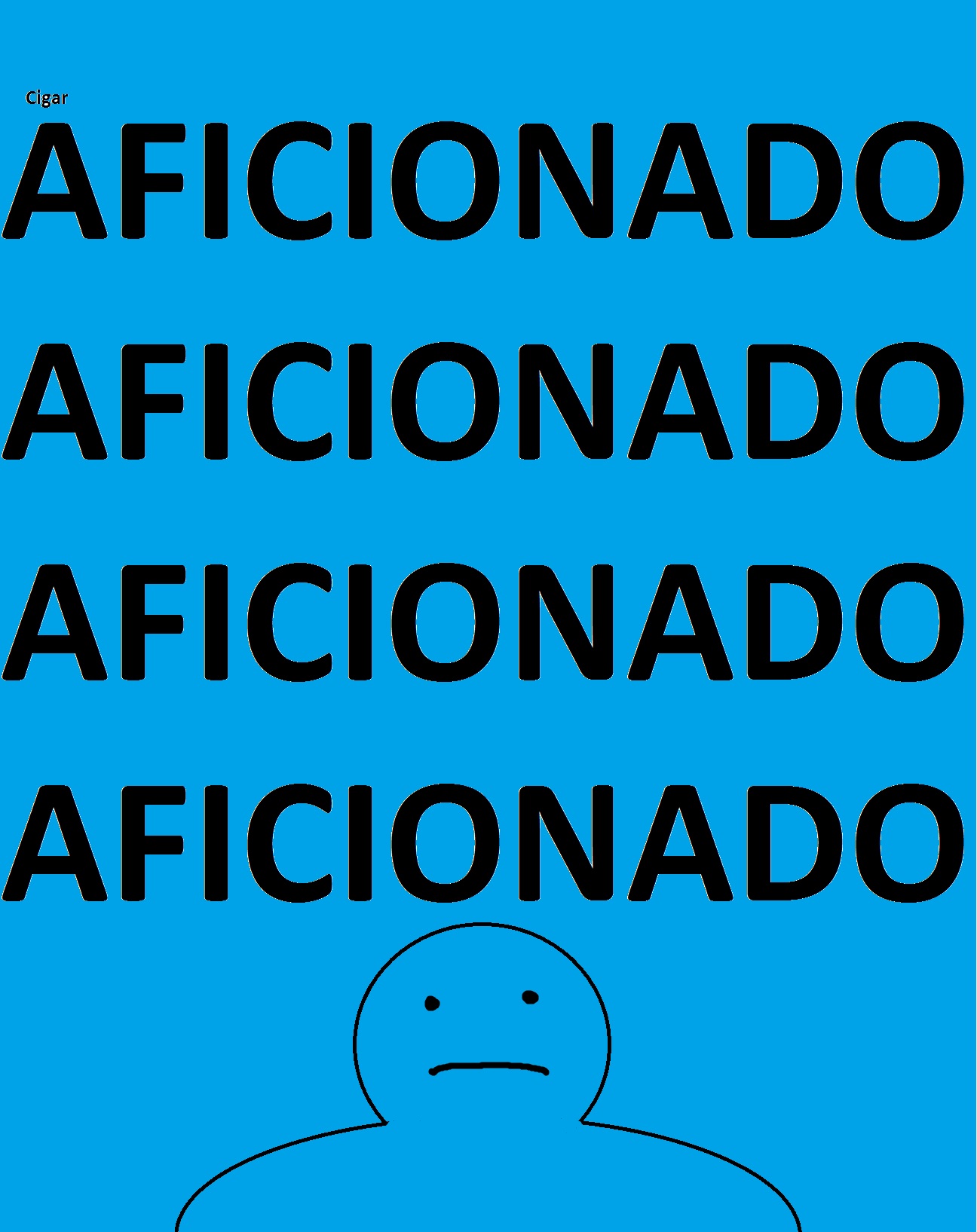In July of 1943, a man published a paper.
July 1943 saw the burgeoning action in both Italy and on the Soviet front. Operation Husky, the American invasion of Sicily, began on the 9th/10th of July with the airdrop of the American 505th Airborne Division and the British 1st Airborne Division's 1st Airlanding Brigade, as well as beach landings of the U.S. 1st and 3rd Infantry Divisions. The German offensive in the Battle of Kursk began on the 5th with nine infantry divisions and one of the 9th Army beginning their attack at 5:30am.
The man was ineligible for service. By the beginning salvos of the United States' involvement in World War II in 1941, he was already a 33 year old man and a father of two children. Unable to fight on the front lines, he spent the majority of the war doing what he had done for sixteen years: academic research. Born from a turbulent childhood of social ostracization (he was a Jewish boy in a non-Jewish neighborhood) as well as child abuse (verbal and physical abuse from both his mother and father), he sought to quantify and catalog the human psychology that he saw in his peers and parents. But instead of focusing on aspects that his predecessors had...he chose a different path. While Freud, and really al psychology up until that point, had focused on the "sick", the man decided that in order to fundamentally understand psychology, the study of success rather than failure was more pertinent. He began studying the major successes of the time: Albert Einstein, Ruth Benedict, and Max Wertheimer were the halcyon examples of his theory. His work birthed a new movement of psychology: humanistic psychology. And, in July of 1943, the man published a paper in the Psychological Review that became a cornerstone in modern psychology.
The man's name was Abraham Harold Maslow and the paper was titled "A Theory of Human Motivation".
Maslow's Hierarchy of Needs was born.
_____________________________________________________________________
Maslow's Hierarchy of Needs is classically represented as a pyramid. Much like the food pyramid, the lower on the graphic the need, the more fundamental it is. But unlike the food pyramid, ingredients from each group can't be chosen to make a meal. Like a building, the foundation must be laid first before the attic can be built. So once you've had your fill of the bottom group, you can move up to the higher group. This was the crux of Maslow's theory: the needs at the lowest group were paramount above the higher groups and, if not met, would not allow psychological progression. But what ARE in these groups? Well...this graph should explain things:
Let's go through them one by one, shall we? Delve a little deeper into these categories.
Physiological: Maslow, in his paper A Theory of Human Motivation, goes on to describe that "homeostasis" and "appetites" make up this level. His description of homeostasis, derived from a paper by Cannon(1) is a purely physical one; one of a regulated blood stream with appropriate water, salt, sugar, protein, fat, calcium, and oxygen content as well as constant acid/base and temperature levels. It accounts for conservation of mass, ingrained biological imperatives, and (above all) constant, unchanging values for the measurable quantities of the body and all its facets. The drive for these basic needs is incredibly strong and, thusly, is the bottom of the pyramid. Maslow goes on to say thus:
"If all the needs are unsatisfied, and the organism is then dominated by the physiological needs, all other needs may become simply non-existent or be pushed into the background. It is then fair to characterize the whole organism by saying simply that it is hungry, for consciousness is almost completely preempted by hunger."
The physiological needs are the most driving needs, the most critical to a human's survival. Maslow further says:
"Capacities that are not useful for this purpose lie dormant, or are pushed to the background. The urge to write poetry, the desire to acquire an automobile, the interest in American history, the desire for a new pair of shoes are, in the extreme case, forgotten or become of secondary importance. For the man who is extremely and dangerously hungry, no other interests exist but food. he dreams food, he remembers food, he thinks about food, he emotes only about food, he perceives only food and wants only food."
Furthermore, it also adjusts a human's outlook on life and the days to come as well:
"Another peculiar characteristic of the human organism when it is dominated by a certain need is that the whole philosophy of the future tends also to change. For our chronically and extremely hungry man, Utopia can be defined very simply as a place where there is plenty of food. He tends to think that, if only he is guaranteed food for the rest of his life, he will be perfectly happy and will never want anything else. Life itself tends to be defined in terms of eating. Anything else will be defined as unimportant. Freedom, love, community feeling, respect, philosophy, may all be waved aside as fripperies which are useless, since they fail to fill the stomach. Such a man may fairly be said to live by bread alone."
The fervor and energy put into maintaining the physiological needs of a human are the strongest needs and also the most overruling. Even if one has maintained a status quo on a higher level of wants and needs, according to Maslow, emergencies and disasters that disrupt the physiological homeostasis will be rectified before everything else.
Safety: Safety, according to Maslow, is best observed by parlaying situations and occurrences as they apply to a child. He goes on to say:
"One reason for the clearer appearance of the threat or danger reaction in infants, is that they do not inhibit this reaction at all, whereas adults in our society have been taught to inhibit it at all costs. Thus even when adults do feel their safety to be threatened we may not be able to see this on the surface."
Safety is all about protection and avoidance of harm. Maslow speaks of many things, such as parental security, social security (but not on the level of belonging, just that society is stable and not in friction), and other things...including illness. He writes:
"In infants we can also see a much more direct reaction to bodily illnesses of various kinds. Sometimes these illnesses some to be immediately and per se threatening and seem to make the child feel unsafe. For instance, vomiting, colic or other sharp pains, seem to make the child look at the whole world in a different way. At such a moment of pain, it may be postulated that, for the child, the appearance of the whole world suddenly changes from sunniness to darkness, so to speak, and becomes a place in which anything at all might happen, in which previously stable things have suddenly become unstable."
He also talks at length about the concept of the unfamiliar and the strange being part of safety and it's avoidance:
"Confronting the average child with new, unfamiliar, strange, unmanageable stimuli or situations will to frequently elicit the danger or terror reaction, as for example, getting lost or even being separated from parents for a short time, being confronted with new faces, new situations or new tasks, the sight of strange, unfamiliar or uncomfortable objects, illness, or death."
Safety is the second most important section on the pyramid and humans will go to great lengths to avoid, rectify, or escape to safe and stable situations.
Love/Belonging: Love is the topic that Maslow spends the least time on but it reflects mainly back on not just sexual desire but also acceptance and tolerance of a group, whether it be family sized (and thus a parental/relationship setting) but also social belonging as well (fitting in to social groups).
Esteem: Maslow's interpretation of esteem is two-fold, covering two facets of a human's need for recognition and appropriate reactions to said esteem:
"All people in our society...have a need or desire for a stable, firmly based...high evaluation of themselves, for self-respect, or self-esteem and for the esteem of others. By firmly based self-esteem, we mean that which is soundly based upon real capacity, achievement, and respect from others. These needs may be classified into two subsidiary sets. These are, first, the desire for strength for achivement, for adequacy, for confidence in the face of the world, and for indepenence and freedom. Secondly, we have what we may call the desire for reputation or prestige...recognition, attention, importance, or appreciation."
Basically, we want people to like us and for us to like ourselves. A deadly simple section but one that is fundamental to our continued survival psychologically.
Self-actualization: Self-actuation is the highest and, thus, least critical need of the human. Maslow has this to say about it:
"This term, first coined by Kurt Goldstein, is being used in this paper in a much more specific and limited fashion. It refers to the desire for self-fulfillment, namely, to the tendency for him to become actualized in what he is potentially."
The best way to describe this is to fully embrace, and be allowed to embrace, what one thinks is one's "calling" in life:
"The specific form that these needs will take will of course vary greatly from person to person. In one individual it may take the form of the desire to be an ideal mother, in another it may be expressed athletically, and in still another it may be expressed in painting pictures or in inventions. It is not necessarily a creative urge although in people who have any capacities it will take this form."
Thus, self-actualization is becoming the "you" you want to become.
Why Did I Say All Of This
To put this in perspective, I started writing this post in 2018. It's taken me almost five YEARS to write this post. Why? Because it's painful but it's something that I have to do. The past decade has seen me sliding down Maslow's Hierarchy of Needs like I'm on a goddamn toboggan. When I first started this website, I was much younger, full of promise, and not as medically compromised as I am now. These days? Boy I am rough. I'm hovering at, on the best of days, at the safety level of Maslow's Hierarchy of Needs. And that's on a GOOD day. As Bernie Mac once said "I ain't good no more. I used to be good...but I ain't no more." Granted he was talking about something different entirely (you can watch the Kings of Comedy tour to find out more) but what he said still resonates. I'm not the young man I once was. To start off...
I can't drink.
I've been sober for nearly...a decade now? I have sips every few once and awhile and I can do sip and spit but my days of hard drinking are over. Why? Well, part of it is that my body just can't tolerate alcohol like it used to and the other, more important part, is that I'm on trans-dermal fentanyl for pain now. That's how bad life has slid. So I can't drink these days so what am I to do? This was a website specifically dedicated to the hedonistic, bon-vivant pleasures of drinking and I can barely sip and spit without having to chug water and lie down for a few hours because it's interacting with the cornucopia of drugs I'm on that are keeping me alive. I'm fortunate in that I can still smoke cigars (although that may have to stop too if the surgery I'm having in less than a week has anything to say about that) and I can still do other bar related stuff but the no-drinking has taken a toll on me mentally because I've dedicated so much of my life to pursuing it. So what is a man to do with a website dedicated to drinking when he himself can't drink?
Pivot.
That's all I can do, really. I need something to write about because, frankly, it's been a nightmare for me NOT writing on the website. Another reason the website has gone silent is because I've been applying for disability and the disability hearing board did not take kindly to me writing, citing that it meant that I was medically well enough to hold a job like a writing job in 2023 is steady enough and well paying enough to live off of which was a laugh unto itself. So I've had to remain silent, despite desperately wanting to write, so it's given me time to think of ways to branch off of the topic nearest and dearest to my own heart while still giving me something to write about that won't kill me. Now that I've received disability and they won't be penalizing me for writing, I've got some ideas I've bandied about over the past decade to incorporate into the blog:
Bar Snacks - I've always been fascinated with tinned meat and fish of all sorts, and MREs. The MREs don't really fit but I'm willing to bend the rules a little because, well, it's my website and I do this to have fun. I'd basically be reviewing bar snacks of all kinds like blind robins (if I can still get them), canned/smoked fish and shellfish, canned meats, and other kinds of food items that would come on a pegboard or tucked in a jar on the bar back of even the dive-iest of bars. I haven't fully worked the kinks out on it yet but I do have a vast selection of canned fish I've been collecting to review so I might just start with that and see where things go.
Cigars/Pipes - You know I've always been a cigar and ppipe fan but lately I haven't been smoking too much because being alone with my thoughts is never a good idea when you have as much to worry about as I do. I spend every second of time worrying and if I don't drown it out with music, movies, video games, etc., it consumes me. So intentionally stepping away from those distractions to smoke and be in the still and quiet of my mind has not proven to be a wise idea. Recent testing HAS indicated that I may be able to smoke some short cigars and get some reviews in that way and perhaps a small-ish pipe can be purchased (like my old Grabow Lark) to facilitate pipe tobacco reviews. I dunno, it's something I'll workshop. That said, I'm very much out of the cigar/pipe tobacco game so I'd have to reintegrate myself into that again somehow (probably by annoying the hell out of Charlie Minato over at Halfwheel).
Tea/Coffee - In my departure, I've purchased (at a rock bottom price, mind you) a Nespresso machine so I've been into that because, well, when haven't I been into things that give you energy. I've been having fun with it but I've really only used the Nespresso branded pods for coffee. I know a lot of roasters actually offer Original Line capsules of their coffee (which I have) so maybe I'll get into coffee some. I'm still into tea but barely drink it even though I'm supposed to submit reviews for a program I'm in. Part of me missing having the space to do gong fu sessions so I guess that means I haven't been drinking as much tea as usual. I'll probably get back into it once I do some restructuring of my office which means rearranging my room to finally have my hot water kettle in here along with my Nespresso. I think that'll help.
N/A Beer/Spirits - Luckily, I've kinda fallen into this one, if you've seen my Instagram at all (which is where I'm the most active these days). The N/A scene has veritably exploded and for that I have great joy and pride for the brewers that do offer N/A offerings. I will be doing formal reviews of them, I just need to figure out the structure and glassware situation of that. I may end up relegating that solely to Instagram as it gives my Instagram something special but knowing me I'll end up wanting to get too verbose and end up writing full posts. My only problem, really, is my camera situation. My T3i Rebel is actually WORSE than my phone camera, I think, so I'll either need to upgrade my equipment at some point or just use my phone to take the vast majority of my photography which, frankly, feels kinda cheap but oh well. At least I'll be writing, right?
Actual Booze - Sip and spit only, and that's only when I'm having good days. I'd love to do it more but my body and meds just won't cooperate so it'll be hit and miss. I'm going to be trying something out with a friend on Twitch that may yield something but all I can say is that actual spirit tastings will be few and far between. Also, I need to buy a spittoon. Gross.
Marijuana - I don't quite know how I feel about this yet. Stay tuned. I'm working through my feelings on this one.
So that's where things lie as of now. I've recently received my last disability payment so I should be covered to run the website, comfortably (not on a razor thin margin) now so that's good. What I'm able to write, if I'm able to write, all depends on where I am on that Hierarchy of Needs. Some days are low, some days are high. Some weeks are low, some weeks are high. All I can say is that I'll write when I can write and try to provide you with the best content I can. I can't promise you it'll be like the good ol' days but, then again, it never can be, can it? The "good ol' days" will always be our memories tinted by rose-colored nostalgia and all we can hope to achieve is to have "good new days" in the future. Which I'd very much like to do...
...this Hierarchy be damned.
- Bacchus
Bibliography
Maslow, A.W. A Theory of Human Motivation. Psychological Review, vol. (50) (July 1943), pp 370 -
396. As printed by Martino Publishing, Mansfield, CT, 2013.
1. Cannon, W. B. Wisdom of the body. New York: Norton, 1932.








